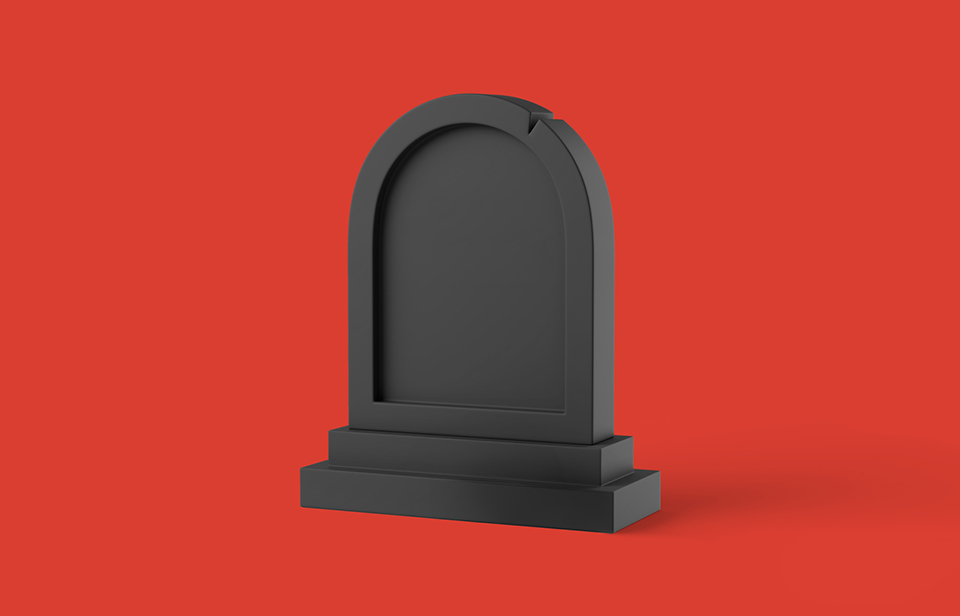Jan 2024
Make your workplace Millennial friendly
The insight in this blog is absolutely going to impact your Employer Brand and engagement strategy. By 2025, 75% of the workforce globally will be Millennials. But where do Millennials end and Gen Z begin? Both are often referred to as digital natives. Millennials were born between 1981 and 1996. They were the first generation to reach adulthood in the new millennium – hence their name. Gen Zs were born between 1997 and 2012. With these generations making up a new workplace dynamic, you must plan your 2024/2025 employer branding and engagement priorities with them in mind.
Boomers and Gen X have had nearly three decades running the show.
They’re passing the baton, and companies like yours need to adapt, or you won’t be able to meet the new demands and expectations across recruitment and engagement activities. Do nothing, and you risk having a retiring workforce and no one to take over.
So, is your workplace fit for a 2024 workforce? Let’s find out.
Socially driven Millennials and Gen Z favour companies who are doing good.
More than ever, work is becoming a key part of people’s identity. In fact, 62% of Millennials said work was the most important aspect of their identity over friends and family. People now care more about working for a company they are passionate about and whose values align with their own – the proof is that over half research a brand’s environmental impact and policies before accepting a job. And changing jobs is on their mind too: 17% of Gen Zs and 16% of Millennials surveyed said they changed job/sector due to climate concerns, with 25% and 23%, respectively, planning to move in the future. No wonder there’s been a 50% increase in B Corp-certified companies in the UK in the last year!
Are you on the right track? Do you shout about it? We frequently work with clients to make sure their pillars/values and Employer Brand reflect the good they do.
Work/life balance is a top consideration when choosing an employer.
Gen Zs and Millennials really value flexible working. And they want more of it. When asked, they said they’d favour having complete choice of where they work (remote and on-site) over being fully remote or having dedicated on-site days. If asked to go back to the office full-time, 75% said they’d consider looking for a new job. It’s worth noting that ethnic minorities, LGBT+ respondents, and those with disabilities are even more likely to say they’d immediately start looking for a new role.
What does your hybrid working model look like? Did you create it with most of your future workforce in mind?
Their biggest concerns are the cost of living and unemployment.
The cost of living concerns everyone, especially Millennials and Gen Zs. It makes sense; they’re thinking about and planning for their future. Financial stability dictates whether or not they can buy a house, save or start a family. Rather than ask for a pay rise, they often leave a job instead. Many don’t feel comfortable discussing finances with their employer, with 13% of Millennials and a quarter of Gen Zs planning to leave their job this year to get more money elsewhere.
How often are you reinforcing job stability and discussing financial progression with your people?
Stress and anxiety are at an all-time high.
What factors are contributing to the stress and anxiety Millennials and Gen Z feel? The current climate is obvious, but increased workloads and the ‘always on’ culture that comes with hybrid working are also guilty. 39% of Millennials and 46% of Gen Zs feel stressed or anxious all or most of the time. Continuous stress can lead to disengagement, fatigue and burnout. You don’t need us to tell you that’s not great for productivity or attrition.
How are you alleviating stress in the workplace? We recommend looking at wellbeing and 52-week engagement plans. Focus on improving culture, reducing stress and promoting social collaboration and engagement at work.
Millennials and Gen Zs are more likely to change jobs when dissatisfied.
In 2023, 21% of millennials changed jobs within the year. That’s three times higher than other age groups! There are steps you can take to keep this demographic satisfied and engaged. You can start by approaching our team to discuss your pain points and opportunities for success. There’s always space to improve and meet the demands of this new majority. Working together, we can make sure you’re listening to and acting on what your workforce wants and needs. We recommend running a yearly engagement survey as well as a pulse survey six months in to measure how employees are feeling. This insight is invaluable as it can pick up on key topics that need addressing.
Feeling unsure of what steps to take? Fail to act now, and you’ll lose employees – the notion of a job for life is very much a thing of the past.
At DNA, we help form strategies and create Employer Brands by listening to your people. Our approach allows us to create stronger brands and better businesses by finding, keeping and engaging the staff of today and tomorrow. Get in touch to see how we can support you: mary@wearedna.co.uk.
In categories: Employee Engagement, Employer Branding, Industry Insights


